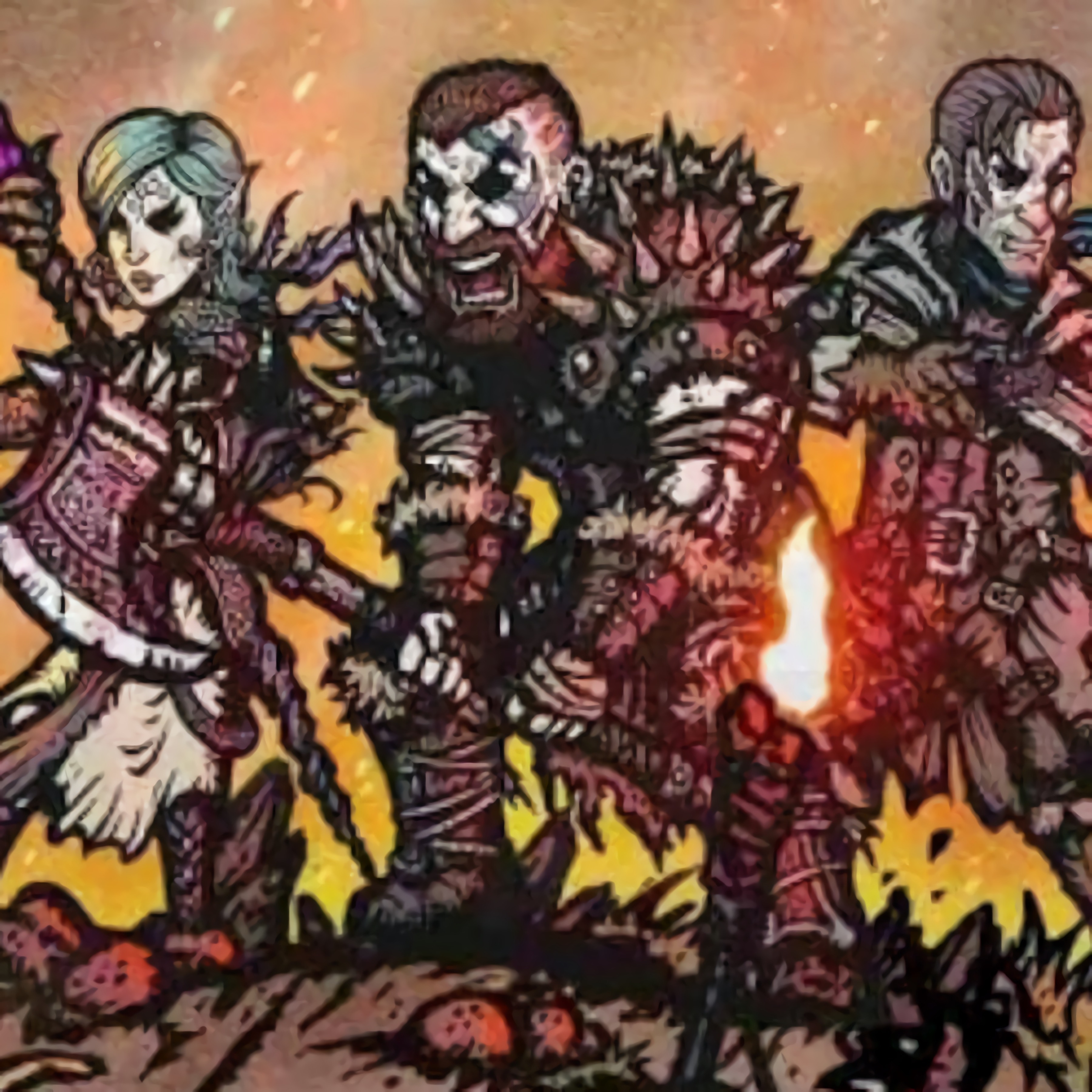Management Games
 Healing Rush
Healing Rush
 Hedgies
Hedgies
 Penguin Diner
Penguin Diner
 Idle Mining Empire
Idle Mining Empire
 My Ice Cream Truck
My Ice Cream Truck
 Shopping Mall Tycoon
Shopping Mall Tycoon
 My Virtual Pet Shop
My Virtual Pet Shop
 Blend It 3D
Blend It 3D
 Real Estate Tycoon
Real Estate Tycoon
 Fishing Frenzy
Fishing Frenzy
 Hotel Tycoon Empire
Hotel Tycoon Empire
 Pawn Boss
Pawn Boss
 Pimp My Car
Pimp My Car
 Global City
Global City
 Burger Clicker
Burger Clicker
 Meowfia Evolution Endless
Meowfia Evolution Endless
 Royal Society
Royal Society
 Merge Dungeon
Merge Dungeon
 Golden Farm
Golden Farm
 Emily's Home Sweet Home
Emily's Home Sweet Home
 Pocket Tower
Pocket Tower
 Tropical Merge
Tropical Merge
 Rails And Stations
Rails And Stations
 Aliens Attack
Aliens Attack
 Fireboy and Watergirl 6: Fairy Tales
Fireboy and Watergirl 6: Fairy Tales
 Agent P: Rebel Spy
Agent P: Rebel Spy
 Ben 10 World Rescue
Ben 10 World Rescue
 Fruit Ninja
Fruit Ninja
 Ultimate Hero Clash 2
Ultimate Hero Clash 2
 Worms Zone a Slithery Snake
Worms Zone a Slithery Snake
 Jump City Rescue
Jump City Rescue
 Tweety's Pipe Pranks: Looney Tunes
Tweety's Pipe Pranks: Looney Tunes
 Fireboy and Watergirl 4: The Crystal Temple
Fireboy and Watergirl 4: The Crystal Temple
 Ben 10: Savage Persuit
Ben 10: Savage Persuit
 Finn and Bones - Adventure Time
Finn and Bones - Adventure Time
 Princess E-girl Fashion
Princess E-girl Fashion
 Brawl Hero
Brawl Hero
 Bubble Shooter Planets
Bubble Shooter Planets
 Jump Jousts - Teen Titans Go!
Jump Jousts - Teen Titans Go!
 Fireboy and Watergirl 5: Elements
Fireboy and Watergirl 5: Elements
 Cars Driver
Cars Driver
 Moto Road Rash 3D
Moto Road Rash 3D
 Unikitty Save the Kingdom
Unikitty Save the Kingdom
 Super Onion Boy
Super Onion Boy
About Management Games
When exploring the world of online games, one cannot miss the fascinating genre of management games. In these games, the player takes on the role of a manager, with the responsibility of running an entire organization. But what does it really mean to be a manager in a virtual world? Are these games just simplistic imitations of the corporate world, or can they offer valuable insights into decision-making, teamwork, and leadership? Let's take a closer look at these fascinating games.
The concept of management games was born out of a desire to provide players with an interactive, engaging, and challenging experience. Much like management roles in real companies, these games require strategic planning, problem solving, and effective leadership. They incorporate various elements of business, finance, marketing, and administration, giving players a comprehensive view of management tasks.
In essence, management games are social simulations that allow players to experience entrepreneurial ventures from the inside out. From starting your own coffee shop or running a hospital to managing a sports team or media company, these games cover a wide range of businesses. But beyond the superficial tasks, they emphasize the importance of rational thinking, strategic planning, knowing when and where to allocate resources, and being thoughtful. These vital skills are transferable to real-life situations, making business games more than just recreational pursuits.
What types of management games are there?
The range of management games is as diverse as the business landscape itself. These games are typically categorized by the type of organization they simulate. For example, games such as SimCity and Cities: Skylines fall into the city management genre, while games like Football Manager or NBA 2K are sports management games. Other subcategories include theme park management games, hospital management games, and restaurant management games.
Also, a distinctive type of management game involves virtual business simulations. In these games, players are tasked with starting and running their businesses, making decisions about product development, pricing, marketing, and hiring. Popular examples include Virtonomics and Capitalism II. These games often illustrate real-world economic principles, presenting players with realistic challenges and teaching them important business skills.
What you can learn from business games
While it may seem like all fun and games, management games can serve as a fertile ground for learning. One of the most notable aspects is the need to make strategic decisions. Players must plan, organize, manage, and control virtual entities to achieve their goals. Through these actions, they can develop strategic thinking, decision-making, and leadership skills that are essential in real-life management.
In addition, the dynamic nature of these games promotes adaptability and flexibility. Players must continually evaluate and adjust their strategies based on in-game challenges, similar to the business environment. As such, these games can serve as hands-on simulators for teaching corporate management skills and business acumen.
Best Online Management Games
In the vast universe of management games, here are five outstanding ones that have grabbed the limelight.
- Football Manager: This sports management simulation game puts players in the role of manager of a professional soccer team.
- Rollercoaster Tycoon: Players build and manage their own amusement park in this popular strategy game.
- SimCity: A city-building and planning simulation in which players are mayors tasked with developing and managing a city.
- Project Hospital: This hospital management game requires players to design and operate a hospital with the challenge of diagnosing and treating a variety of illnesses.
- Two Point Hospital: A spiritual successor to Theme Hospital, players are tasked with building and managing a network of hospitals.
Conclusion
In conclusion, management games offer a unique blend of education and entertainment. These games not only provide a dynamic platform for players to unleash their creativity and strategic thinking, but also highlight the fascinating intricacies of business and management. Through the virtual world of management games, players of all ages and backgrounds can gain useful insights into the nuances of corporate governance, strategic planning, and business operations.




















